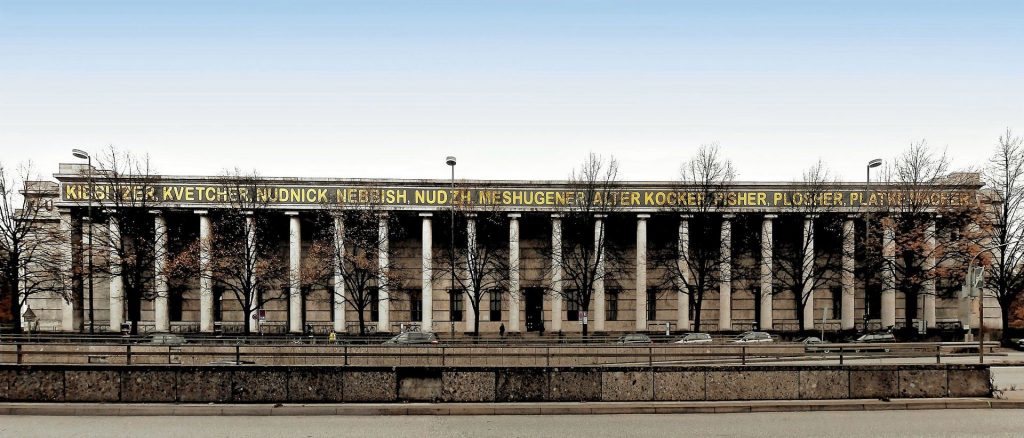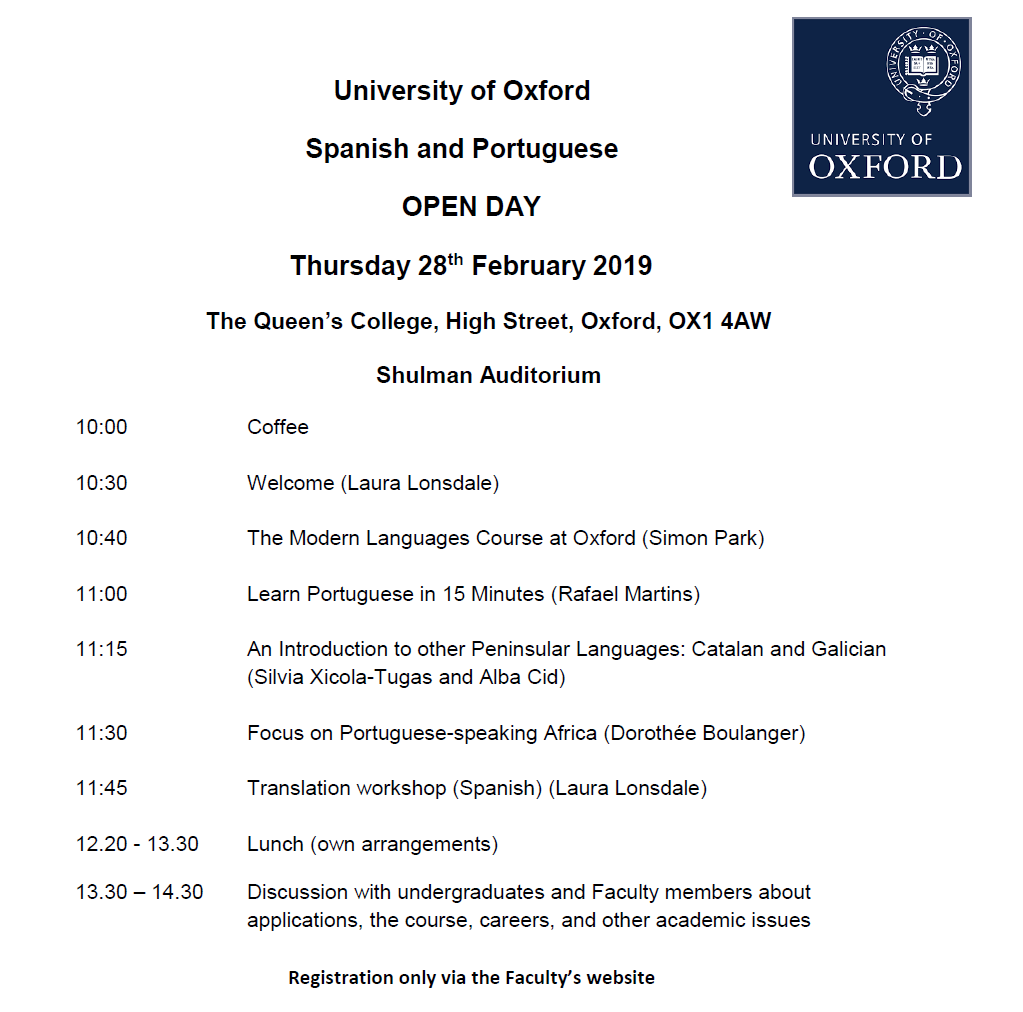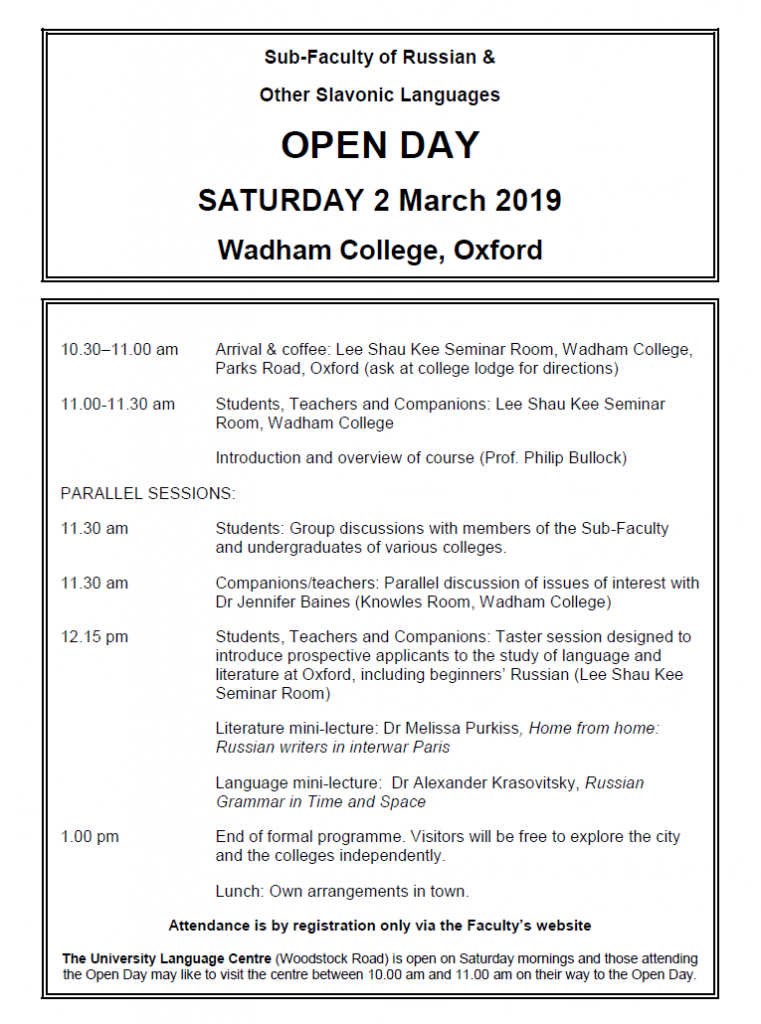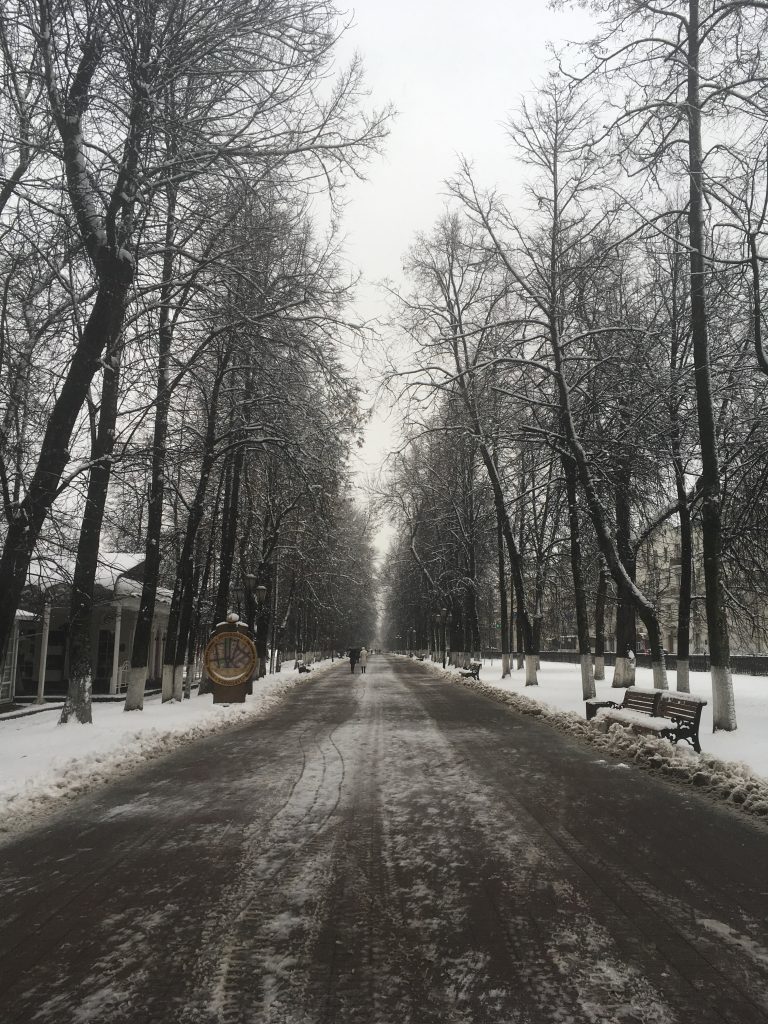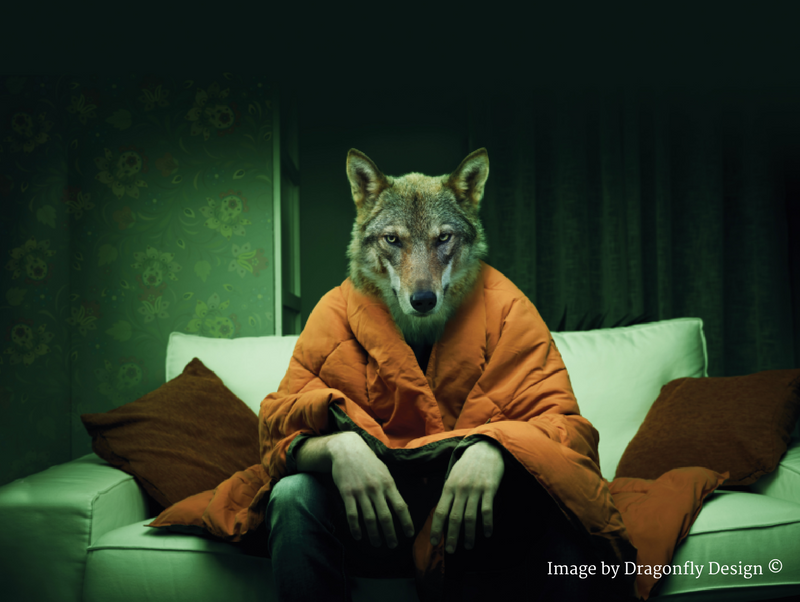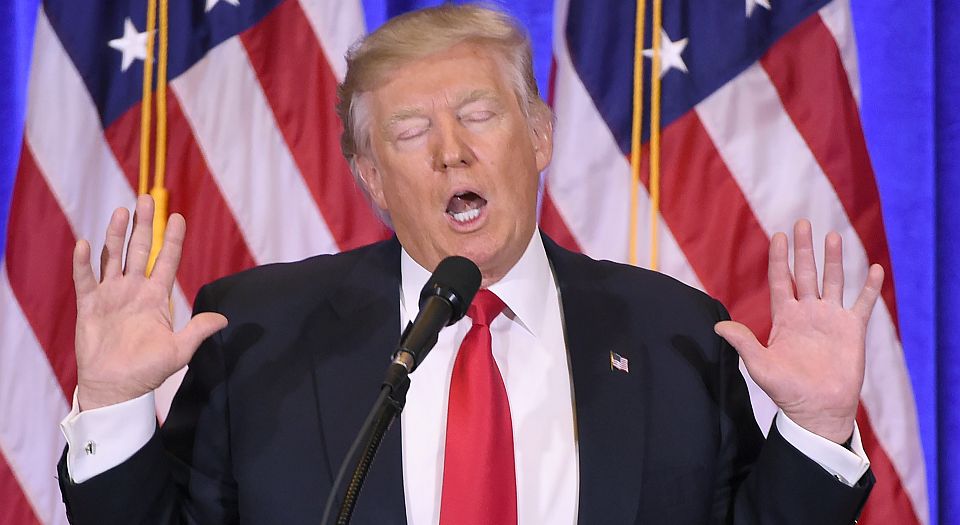Continuing the careers theme, today on Adventures on the Bookshelf we’re sharing some glimpses of the many career paths our graduates in Russian have followed. These quotations from our former students were gathered in 2016. They were originally featured on the Creative Mulitlingualism website. Here are a handful – more will follow in the coming weeks…
Where has your degree in Russian taken you?
- “I now live in Vienna and am working as a translator at the UN, the International Atomic Energy Authority and the Organization for Security and Co-operation in Europe, mostly translating from Russian.”
- “I moved to a business intelligence firm in the city, where I specialised as an analyst on Russia and the former Soviet Union. I undertook due diligence and intelligence analysis on businessmen, corporations and politicians, looking for signs of corruption, criminal activity and unsavoury connections. I was using my Russian (and at times also Polish) on a daily basis, scouring Russian-language news articles, legal records, corporate registries and blog sites, as well as speaking to human intelligence sources on the ground. I’ve recently begun a two-year-Master’s of International Affairs in Berlin, and hope to spend the second year of the degree abroad at Columbia University in New York, specialising in security and human rights in Russia and the former Soviet Union.”
- “I worked in Moscow for 4 years, first at the BBC Monitoring Service for a year and a half (translating news broadcasts from Russian TV and radio), which I enjoyed very much. I then moved to the Moscow Times. I’ve now gone back to university in London and am doing an M.Sc. in Speech and Language Therapy.”
- “I did an M.A. at the School of Slavonic and East European Studies in London, and started working at the BBC. I spent a total of 6 years with the BBC – from admin to on-air journalism, and loved it. From news producing in the World Service newsroom, to a 3-week research trip to Pakistan. Then moved to Moscow to work with the RIA Novosti translation department (on Russian government websites). I’ve been in Moscow for 5 years and am now a Consultant in PR and Financial IR, in a consultancy specialising in Russia, the former Soviet Union and emerging markets.”
- “I’m an installation artist and writer, also a translator specialising in art and architecture (from German into English as I live in Austria) and occasionally fiction. I’ve also worked as a cultural journalist.”
- “I run a language learning website through which I sell intensive German, Russian and Greek courses and learning materials, while also organising international conferences on language learning and multilingualism, and working with organisations such as the British Council and the European Union to promote multilingualism worldwide, while also writing a book on language learning.”
- “I initially worked as the PA to a wine critic for a few months while applying for grad schemes. I ended up in my current job (as a strategist in a branding agency) almost by chance, but am very much enjoying it. As the only person in the agency who speaks Russian, I’m often called on for translations and general cultural insight.”
These are just a handful of the possible career options in languages. Truly, the world is your oyster!

